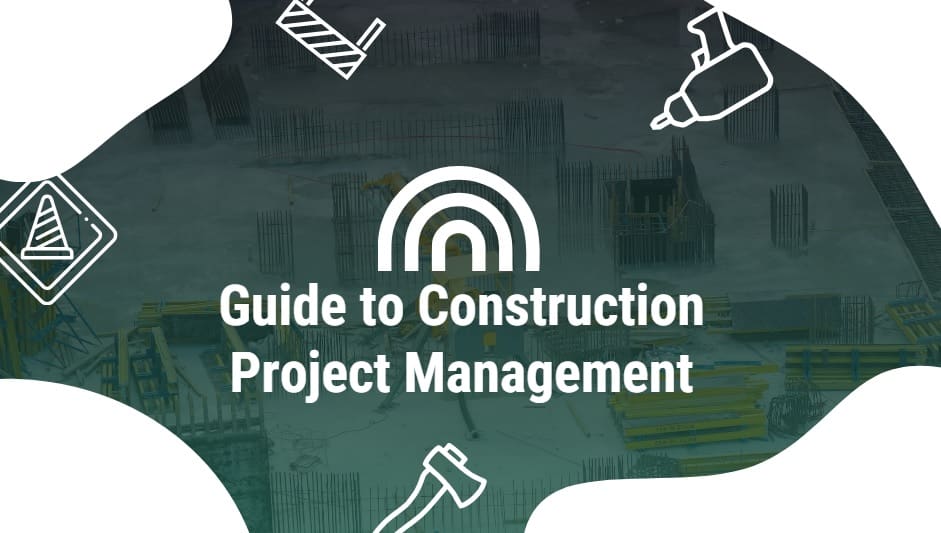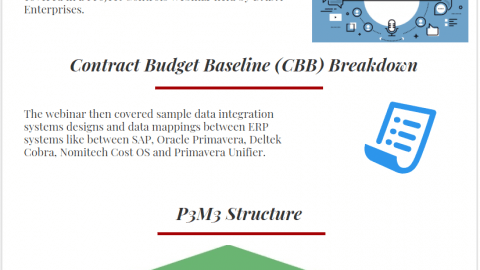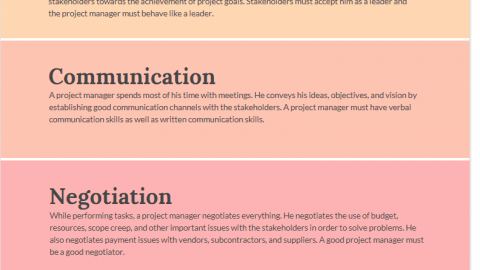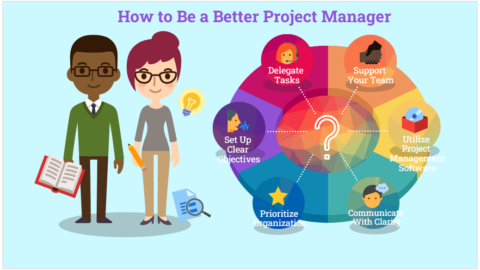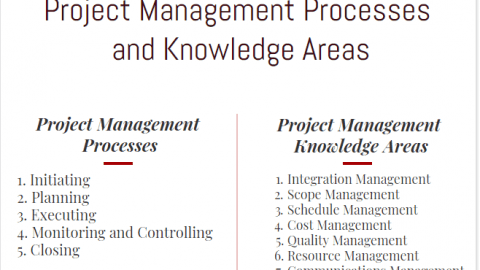Guide to Construction Project Management
In any kind of construction project, success is dependent on project management. Effective construction project management will ensure that the project goes smoothly, there are no delays and it is completed on time and within the agreed budget so that the client is left satisfied. Project management is hugely important in construction, but it can also be a major challenge when so many cogs in the machine need to be managed. This post will look at the best ways to manage a construction project.
Table of Contents
Guide to Construction Project Management
Construction project management encompasses a range of tasks and responsibilities aimed at overseeing the planning, design, and construction of a project from start to finish. It involves coordinating various stakeholders, managing resources, and ensuring adherence to project timelines and budgets. Let’s dive deeper into the intricacies of construction project management and explore the essential aspects that contribute to its success.
Understanding the Project Scope
One of the fundamental steps in construction project management is defining the project scope. This involves clearly outlining the objectives, deliverables, and constraints of the project. By having a well-defined scope, project managers can establish a solid foundation for the entire project and set realistic expectations for all stakeholders involved.
Developing a Robust Project Plan
Once the project scope is determined, it is crucial to develop a comprehensive project plan. This plan serves as a roadmap for the project, outlining the tasks, milestones, and timelines required for successful completion. A well-structured project plan allows project managers to effectively allocate resources, identify potential risks, and implement strategies to mitigate them.
Procurement and Contract Management
Construction projects often involve multiple vendors, subcontractors, and suppliers. Efficient procurement and contract management are essential to ensure the availability of necessary resources and materials throughout the project. Project managers must carefully evaluate potential vendors, negotiate contracts, and establish clear communication channels to maintain smooth operations.
Effective Communication and Collaboration
Communication is at the heart of successful construction project management. Project managers need to establish open lines of communication with all stakeholders, including clients, contractors, architects, and engineers. Regular meetings, progress reports, and collaborative platforms facilitate effective communication, ensuring everyone is on the same page and working towards the project’s goals.
Resource Allocation and Management
Efficient resource allocation is critical to keep construction projects on track. Project managers must accurately assess the required resources, including labor, equipment, and materials, and allocate them effectively. By optimizing resource management, projects can run smoothly, minimizing delays and maximizing productivity.
Quality Control and Assurance
Maintaining quality standards is paramount in construction projects. Project managers must implement rigorous quality control measures to ensure that the final deliverables meet the expected standards. This involves conducting regular inspections, adhering to industry regulations, and addressing any quality concerns promptly.
Risk Identification and Mitigation
Construction projects are inherently prone to risks and uncertainties. Effective project managers are adept at identifying potential risks and implementing strategies to mitigate them. Through proactive risk management, project teams can minimize the impact of unforeseen events, such as material shortages, weather delays, or design changes.
Safety and Compliance
Safety is a critical aspect of construction project management. Project managers must prioritize the well-being of all workers and ensure compliance with safety regulations and protocols. By fostering a culture of safety and providing adequate training and resources, project teams can create a secure work environment and prevent accidents or injuries.
Project Monitoring and Control
Continuous monitoring and control are vital to track the progress of construction projects and make necessary adjustments along the way. Project managers must establish key performance indicators (KPIs) and regularly assess the project’s performance against these metrics. This allows for proactive decision-making and timely interventions to keep the project on schedule and within budget.
Stakeholder Management
Construction projects involve multiple stakeholders with varying interests and expectations. Effective stakeholder management is essential to ensure their needs are addressed and conflicts are resolved. By fostering positive relationships, project managers can build trust, enhance collaboration, and create a conducive environment for project success.
Sustainability and Environmental Considerations
In today’s world, sustainable construction practices and environmental considerations are of utmost importance. Project managers should integrate eco-friendly strategies into their projects, such as using renewable materials, optimizing energy efficiency, and minimizing waste. By prioritizing sustainability, construction projects can contribute to a greener and more sustainable future.
Project Management Software
First, it is important to use construction project management software. This is specialist software that can make it easier to organise the key steps in the project, including planning, scheduling and building. The software allows project managers to streamline many processes, keep track of progress, monitor the budget and improve communication.
Pre Construction
For project managers, a lot of the hard work in a construction project starts before the building work begins. This will include key tasks like forecasting material and contractor use, establishing a budget for the project and sourcing supplies for the project. This will include finding insulation materials as well as other common materials needed for the project – it is smart to use trade suppliers to keep costs down, secure material in bulk and ensure material quality.
Construction Phase
The construction phase can be exciting as the project gets underway, but it is also challenging for a project manager. The project manager needs to ensure that the project plan is closely followed and always on track, which means that communication is key during this stage. Workers should be providing regular updates for getting timeframes and completion dates, so the information flow is important, and construction project management software can be useful here. It is also helpful to anticipate issues and challenges that might arise during the construction phase so that you can create contingency plans.
Completion
Once the project is completed, the project manager experiences a great feeling. However, the work is not yet complete for the project manager. The project manager needs to conduct final quality checks to ensure that the construction project meets high standards and is safe for the client to use. Additionally, the project manager must create a final report outlining the successful aspects, the managed risks, and a breakdown of the budget. It is also necessary to generate a report containing lessons learned for future projects, enabling improvements for subsequent endeavors.
Managing a construction project is critical for its success, but it can also pose challenges. Since projects encompass multiple areas, ensuring smooth operations becomes essential to meet the project’s deadline.

Victor Z Young is a Civil Engineer with 35 years of experience working alongside the executive team of various construction companies. Victor specializes in construction insurance, delay analysis, performance analysis and engineering. He holds a Doctor of Project Management from Northwestern University.

